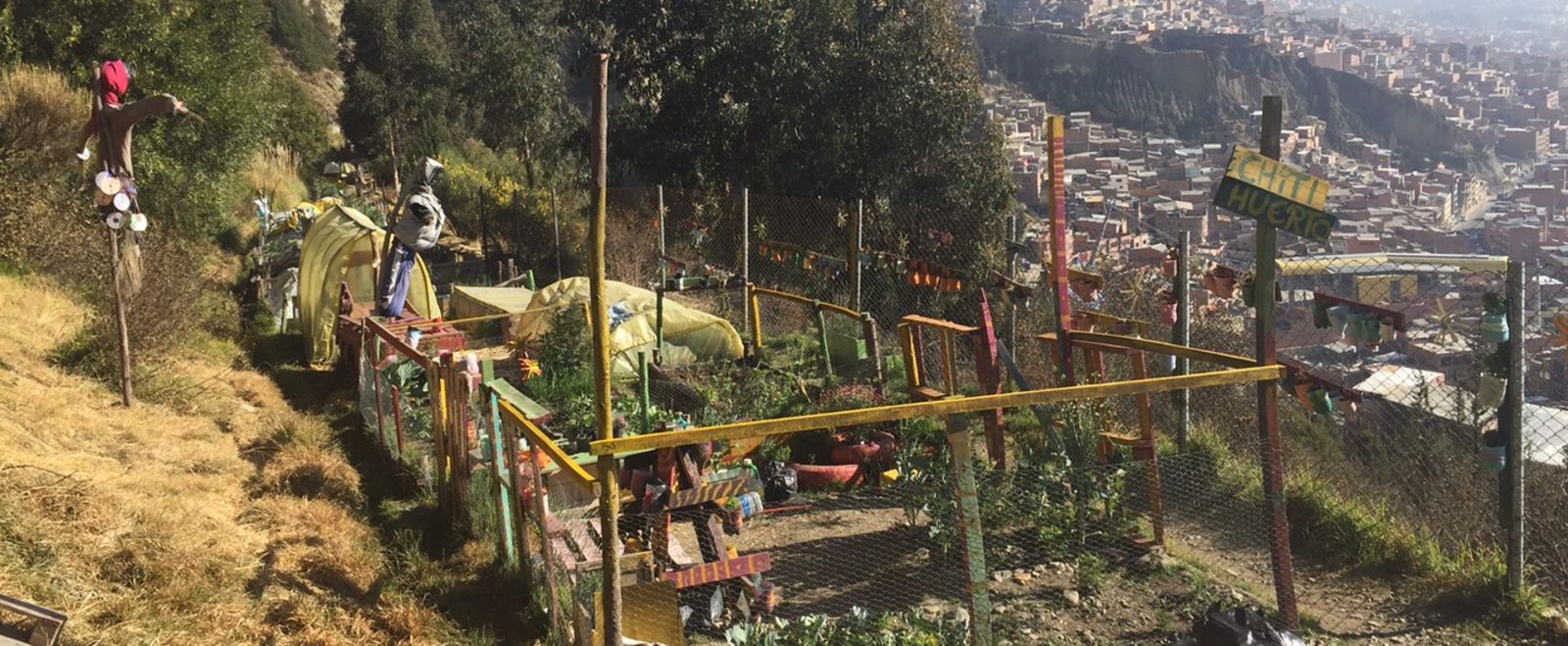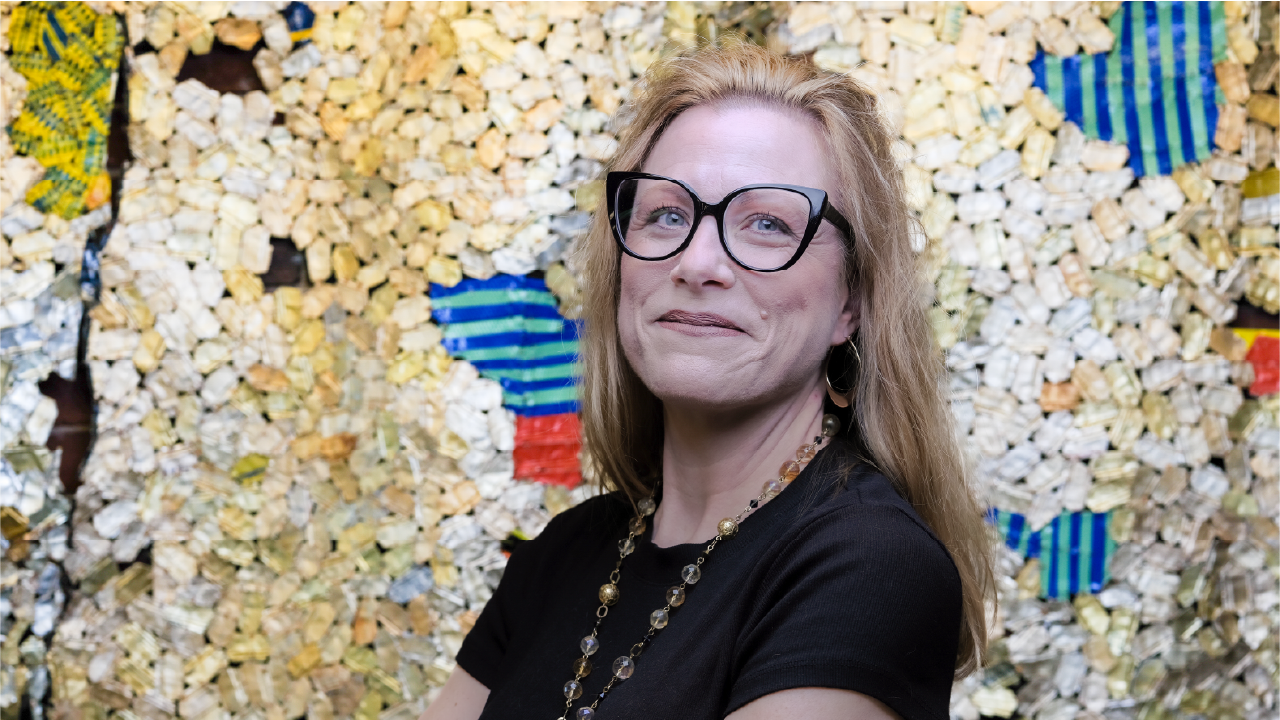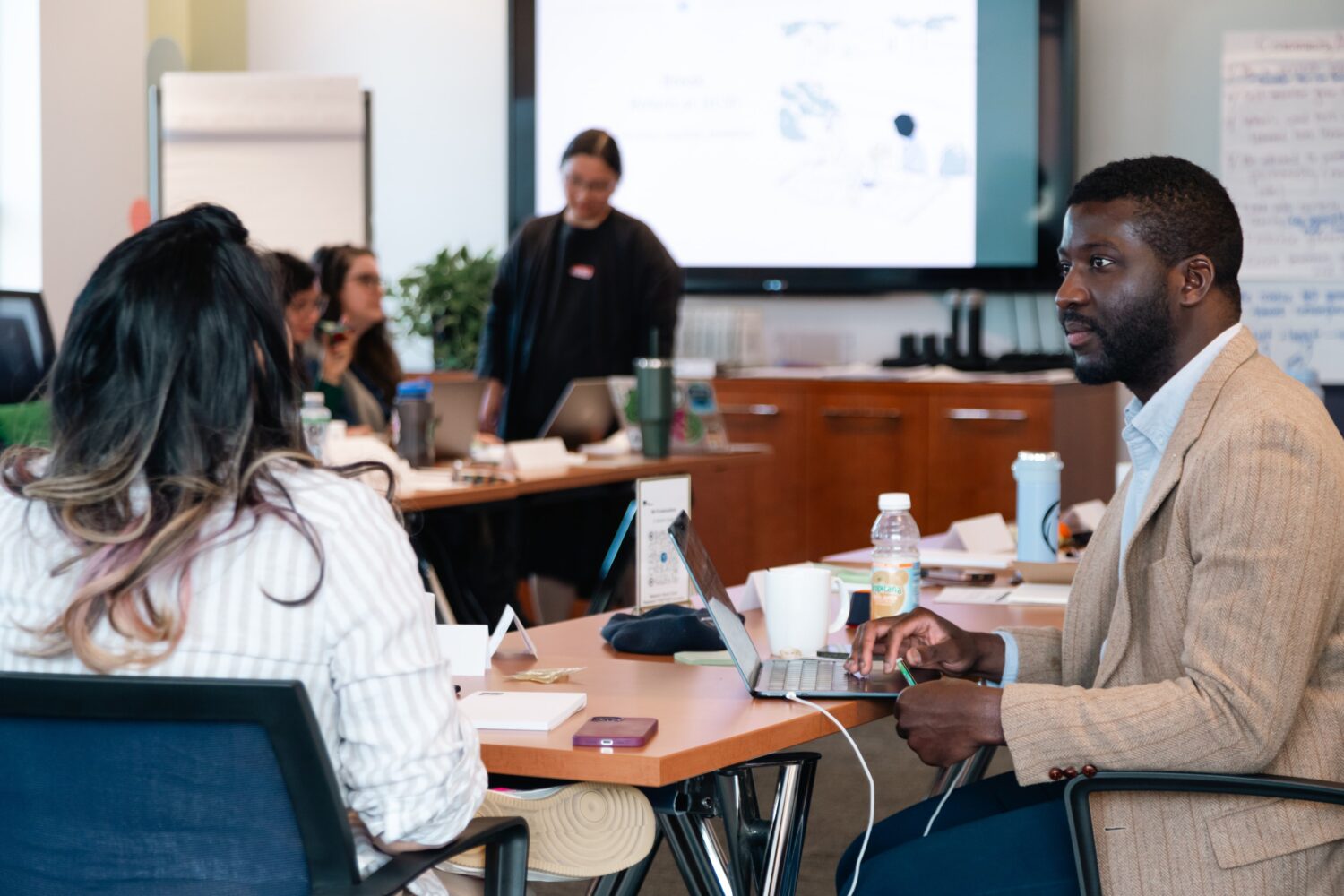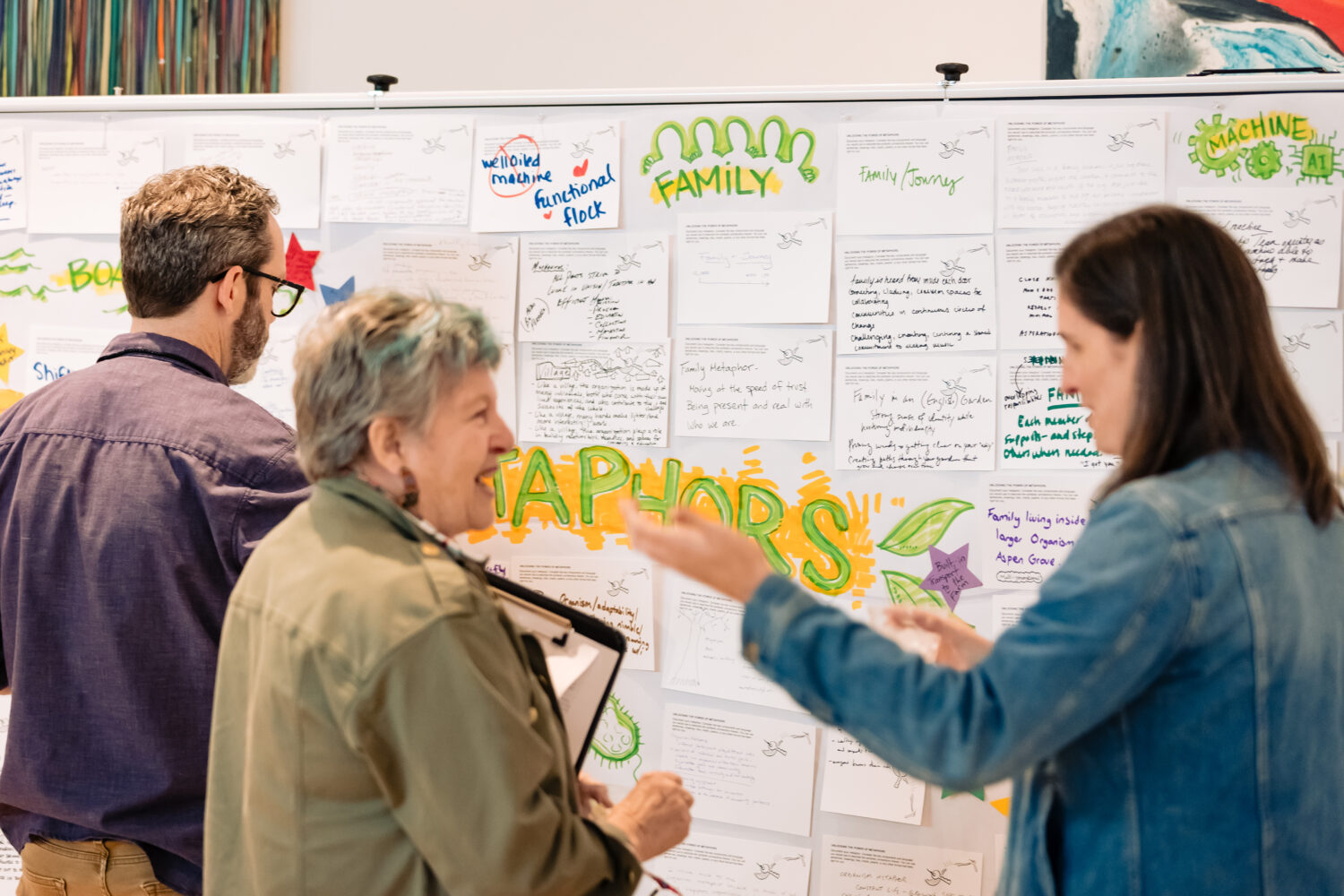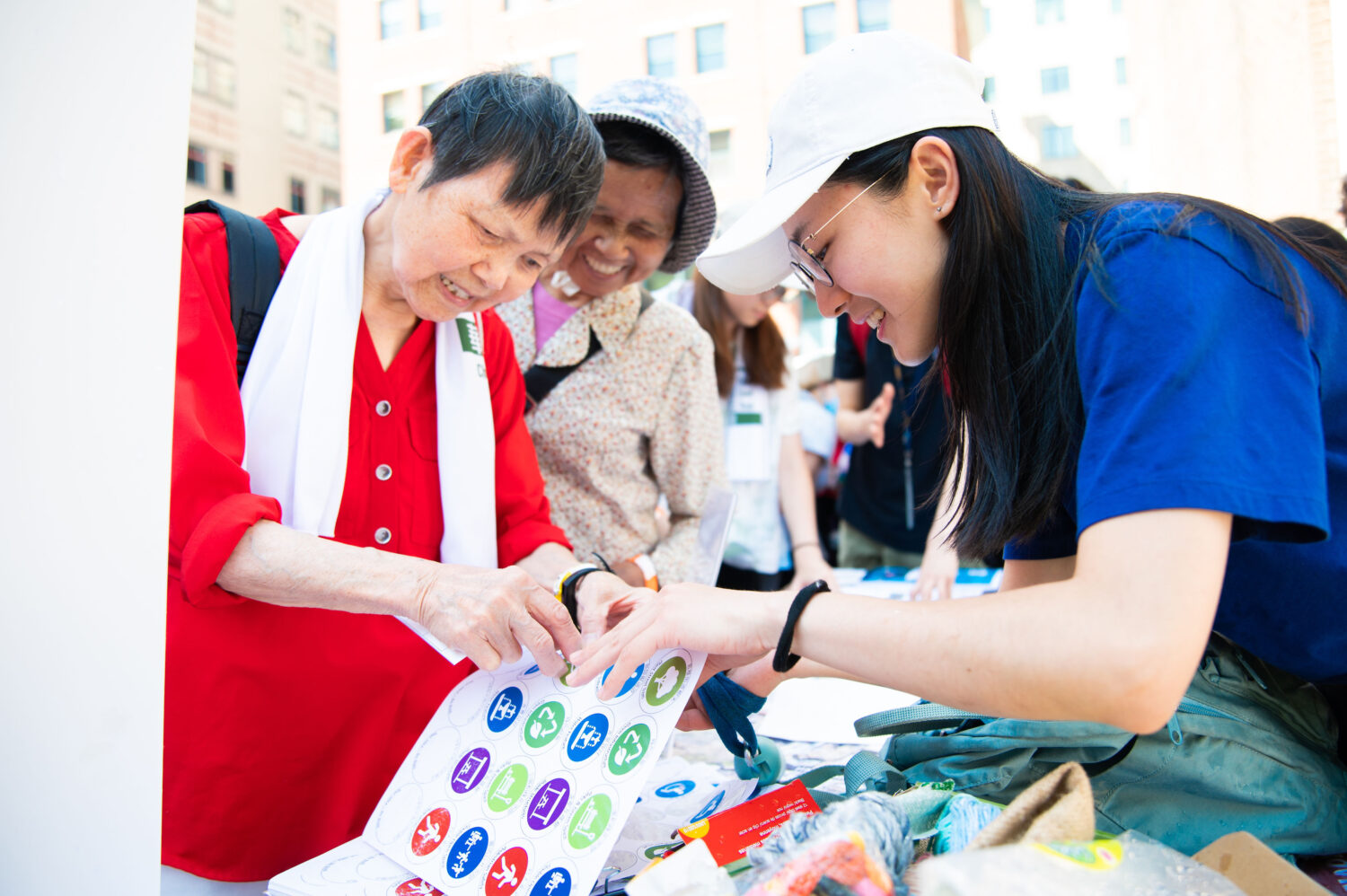Last fall, we announced a new group of Barr Fellows—our fifth since 2005—though the Fellowship experience does not officially begin until they embark on a group trip to the global south. Designed to immerse them in an entirely new learning context, the learning journey allows Fellows to interact with social change leaders who, often despite scarce resources and great challenges, provide new ways of thinking to inspire Fellows’ own work back home. Earlier cohorts of Barr Fellows began their experiences with trips to South Africa, Zimbabwe, Brazil, and Haiti. The 2015 Barr Fellowship commenced with a trip to Bolivia this past June.
For the Fellows, this initial experience is followed by a three-month sabbatical and three years of periodic retreats, professional development, and the opportunity to join the broader network of Barr Fellows. The Fellowship is both recognition of the outstanding contributions a group of leaders has made within their communities, as well as an investment in their leadership to drive positive change in the years to come.
I had the privilege of joining the 2015 Barr Fellows on their learning journey to Bolivia, which is one of South America’s poorest countries—yet is rich with cultural heritage and natural beauty. There are more than 36 officially recognized indigenous groups and 69 distinct ecosystems. While we didn’t have time to explore all of it, over two weeks we covered quite a bit, spending several days each in Cochabamba, La Paz, El Alto, Uyuni, Potosi, Sucre, and Rurrenabaque.
One of the most memorable experiences for me was during our visit to the capital city of La Paz, which stands 12,000 feet above sea level. There we had the opportunity to work alongside an amazing team from the nonprofit Fundacion Alternativas. Dedicated to enhancing food security for the urban poor, Fundacion Alternativas works closely with youth and residents to improve access to food and urban food production.
During our visit, we learned that more than 60% of the population in La Paz lives below the poverty line. In addition, chronic malnutrition affects nearly 30% of indigenous children. In this context, Fundacion Alternativas transformed a large government-owned plot of land that was plagued by drug use, sexual assaults, and other criminal activities. With 20 families, they terraced the property and turned the space into a community garden.

The families in this community take great pride in their garden plots, which yield crops like broccoli, chard, lettuce, carrots, cilantro, beans, onions, radishes, and potatoes. These crops supplement their diets and provide a model of what communities can look like. They have created such a welcoming and beautiful oasis that families in the community come just to partake in its beauty, to spend the day knitting, and to enjoy the company of friends and family as others tend their gardens.
The program has become so popular that there is a long waiting list for families. To help meet some of that pent-up demand, we had the opportunity to build raised beds for 20 additional families. We carried logs down the side of the cliff, sawed them to the appropriate sizes, and then cut and twisted wire to hold the beds together. The Fellows organized into an assembly line, each of us figuring out where we could be most useful and giving it our all. Up until that point, we had been mostly observing, listening, and learning. It felt wonderful to use our hands and to do something in return for all the kindness we’d received.

When it was time to leave that wonderful hillside, we all sat on the ground and shared food, hugs, and even a few tears. For me, it was one of the most meaningful experiences of the trip—one that created a new bond that only grew during the remainder of the trip.

I am so grateful to the Barr Foundation for providing me with this opportunity to step away from my work in the office—and to my colleague Christi Craig who so capably kept all the grants management trains moving on time in my absence. My thanks also to the 2015 Barr Fellows for their unwavering support and friendship on our journey together so far from home. I am appreciative and humbled by the beautiful people of Bolivia for their warmth and kindness. ¡Vivir Bien!
The Fellows are now setting off or have already begun their three-month sabbaticals. We look forward to hearing and sharing more stories and reflections from them following their return.
